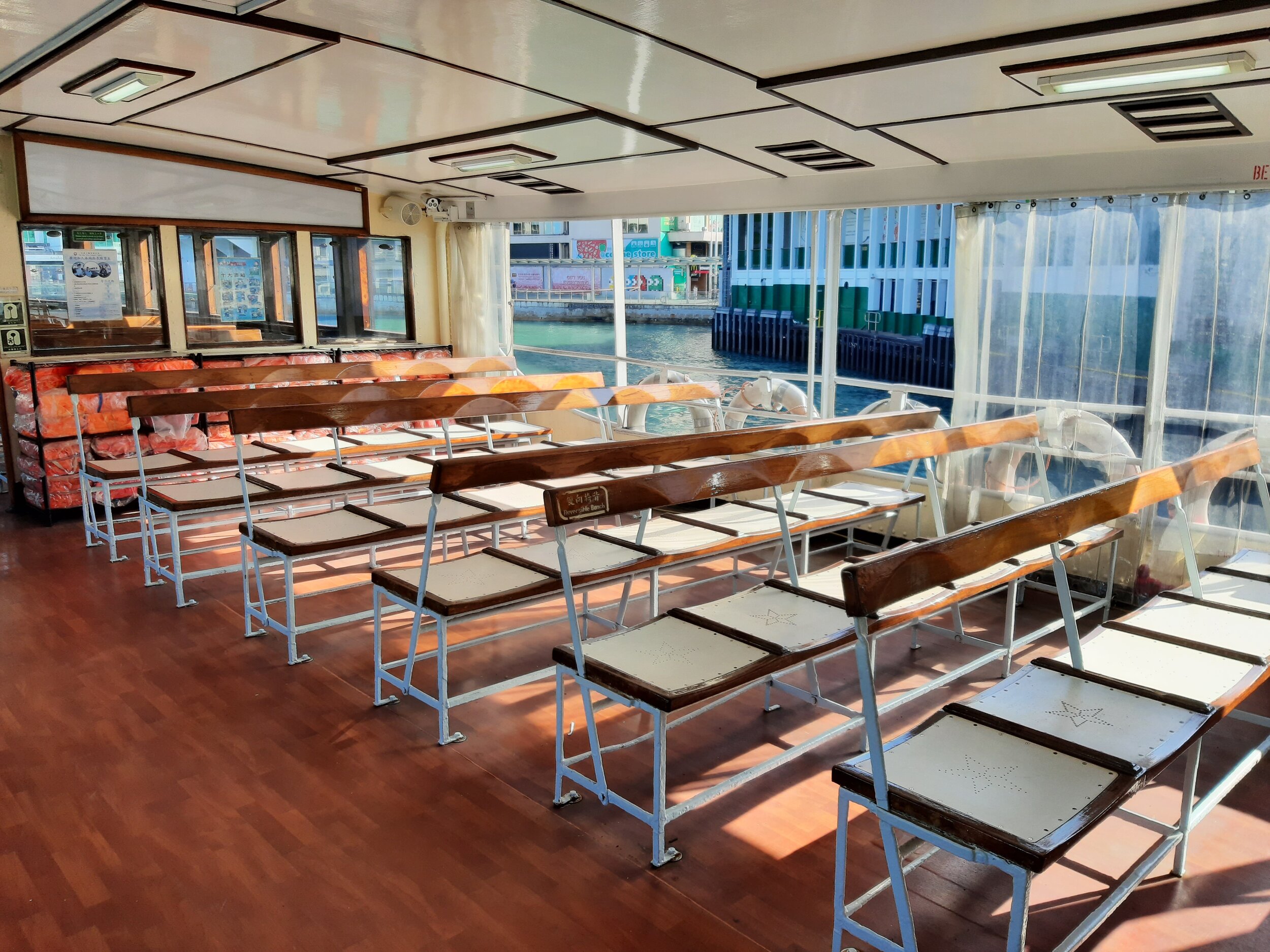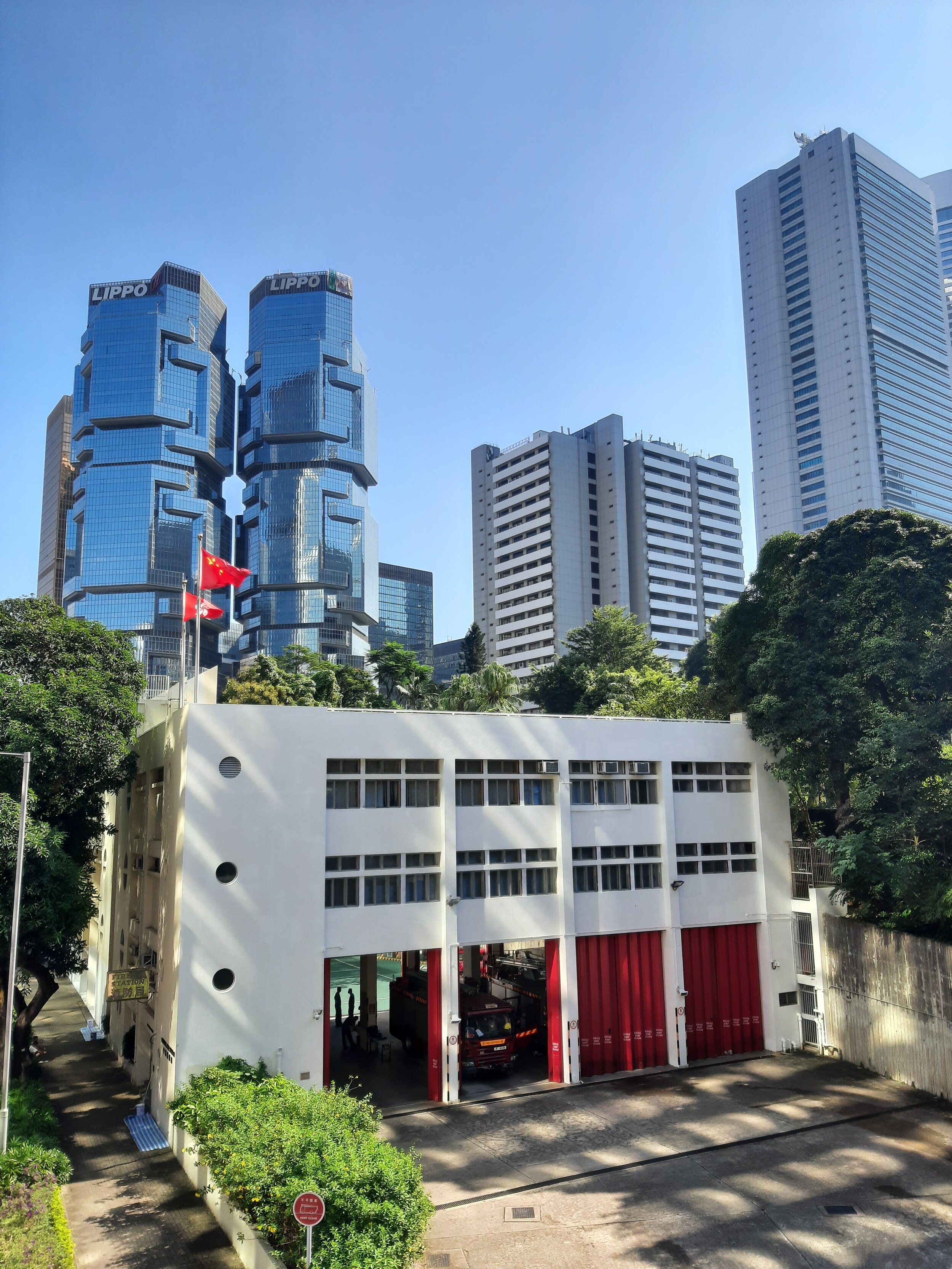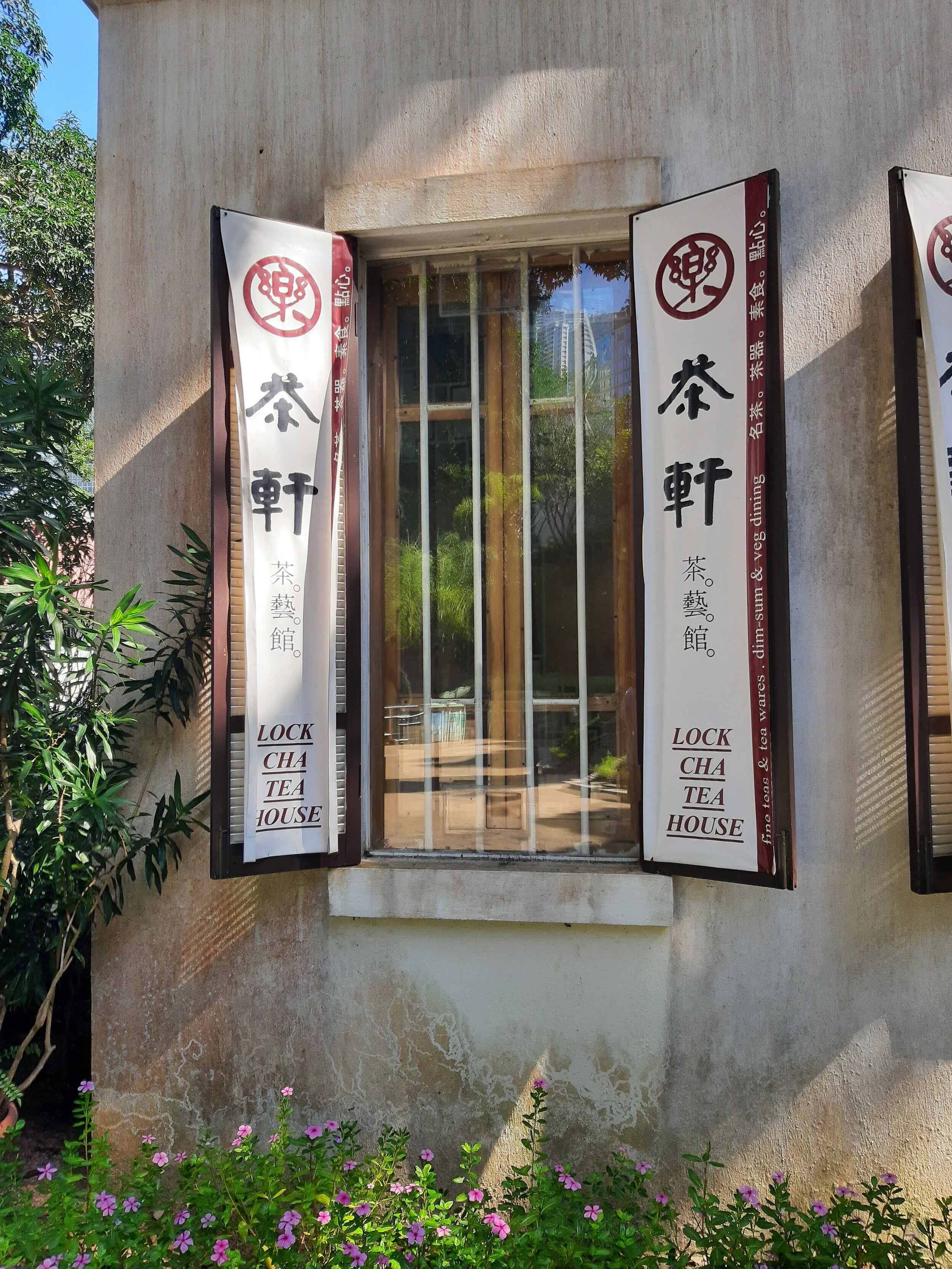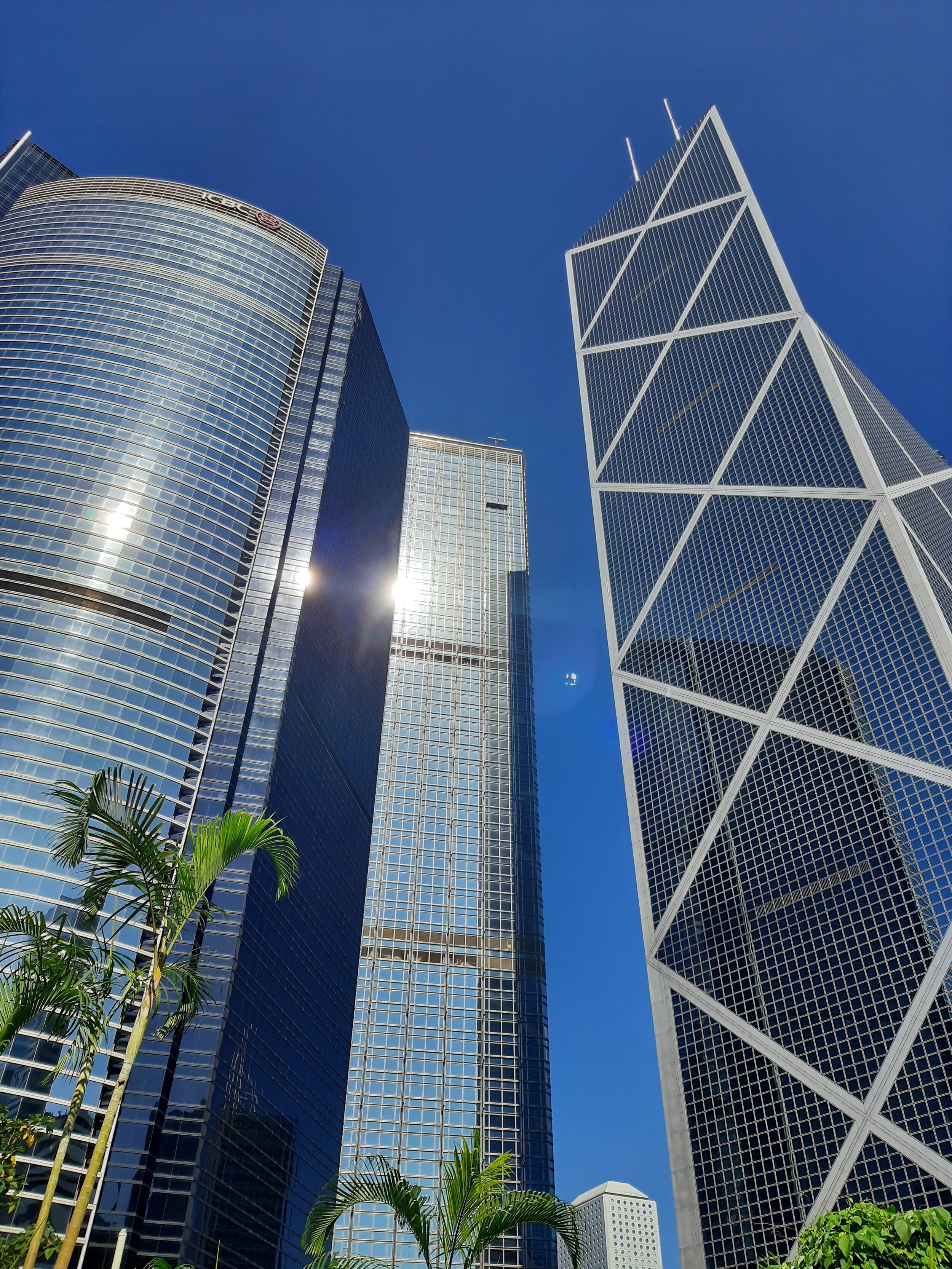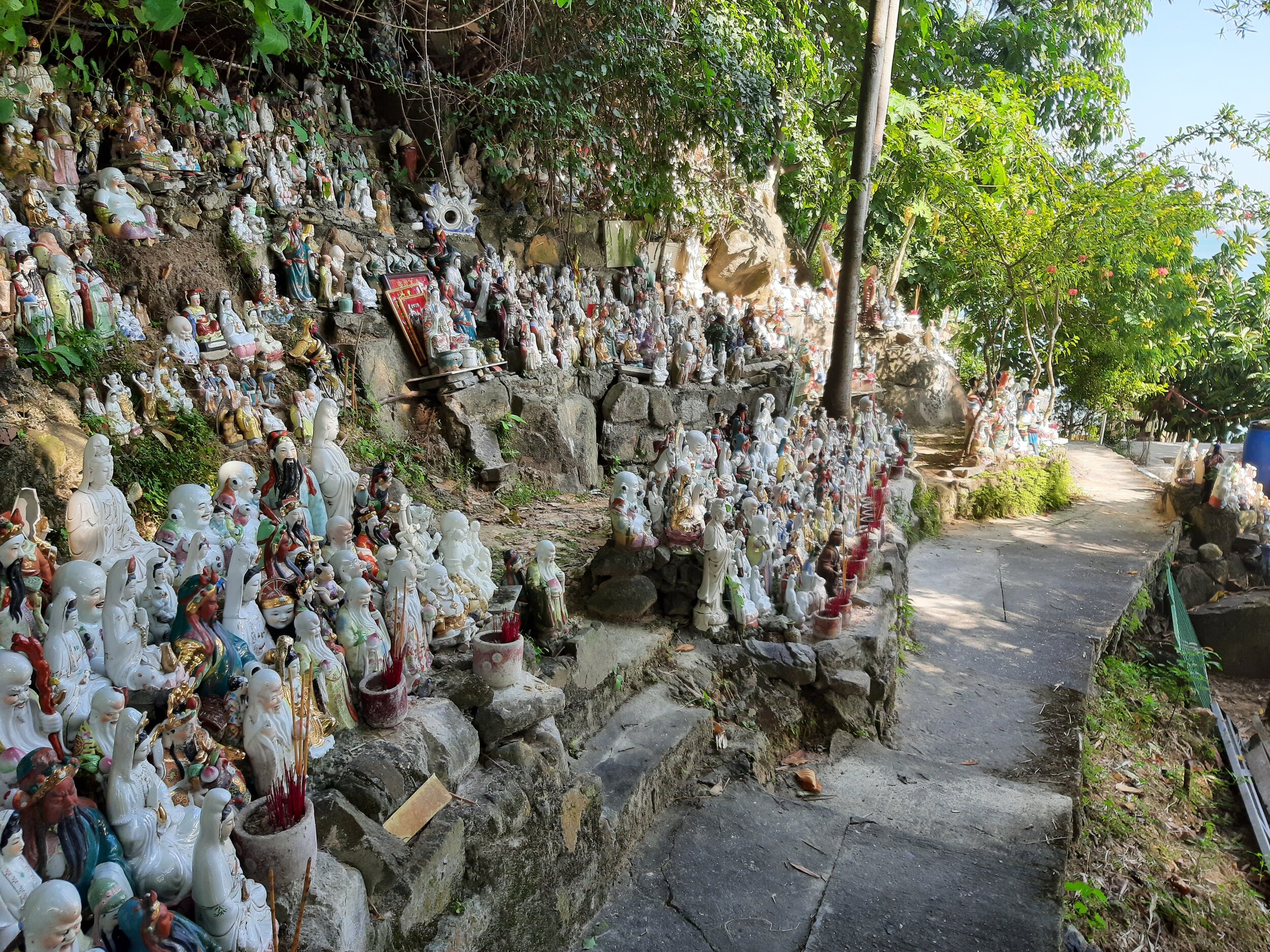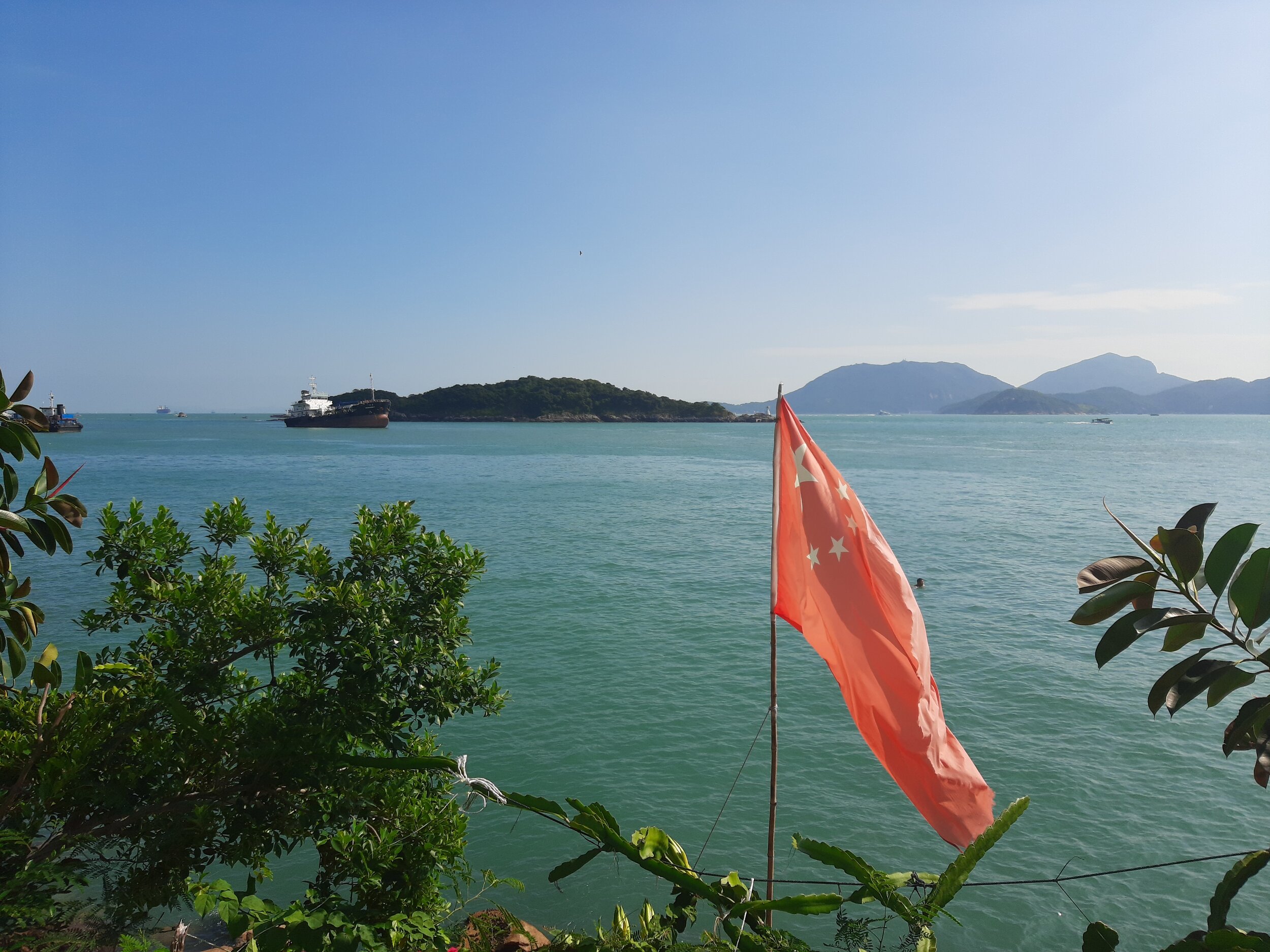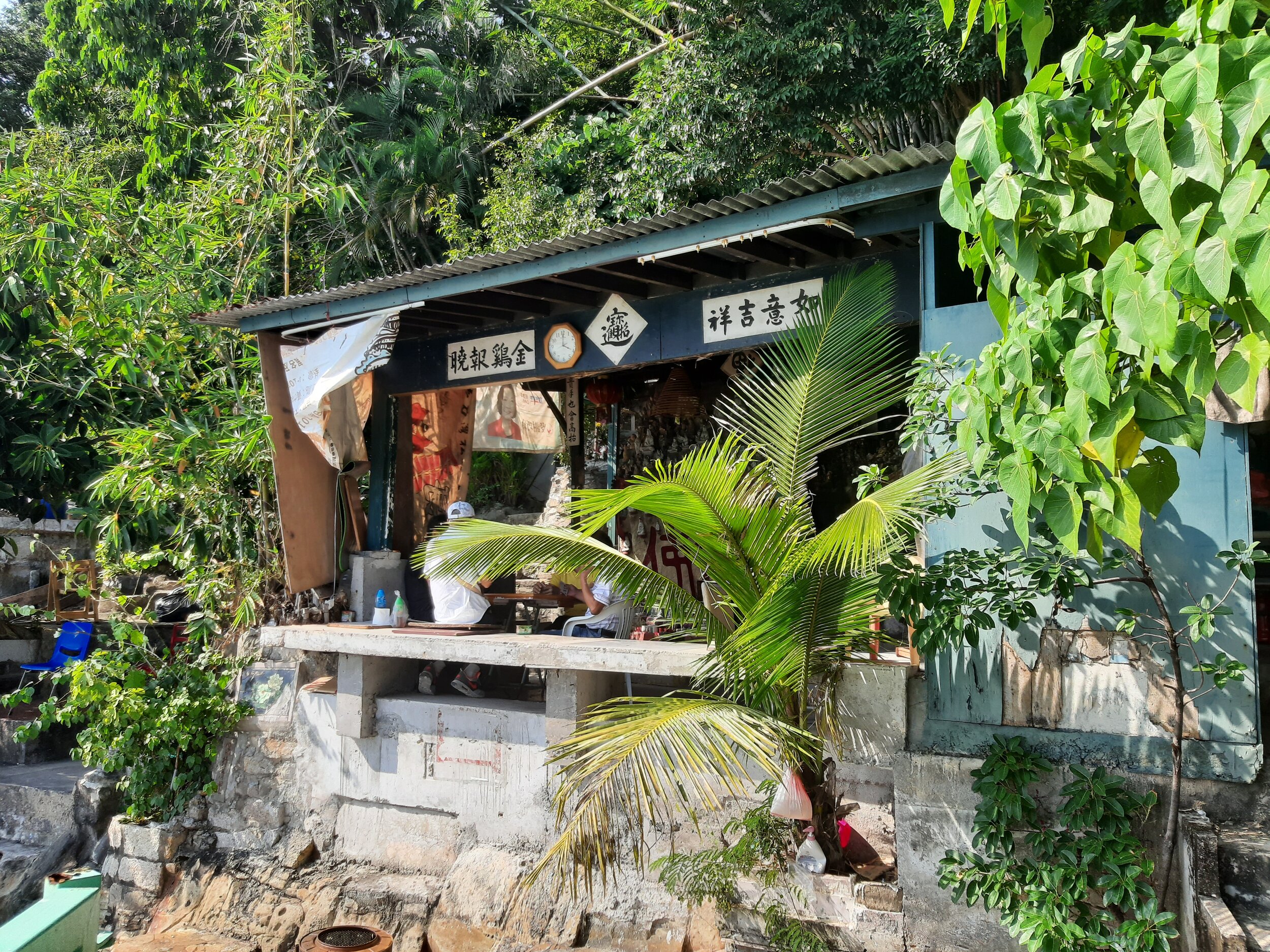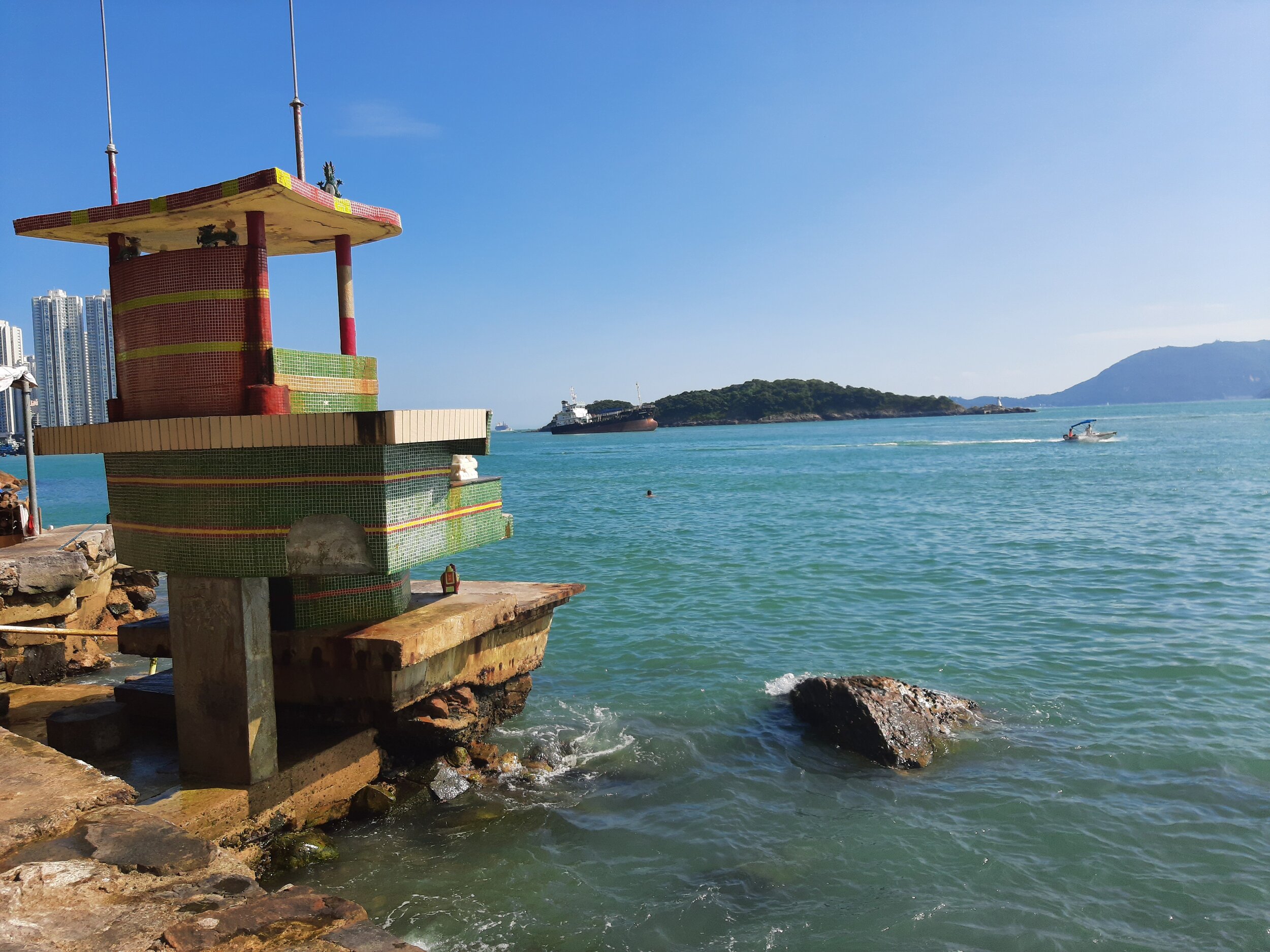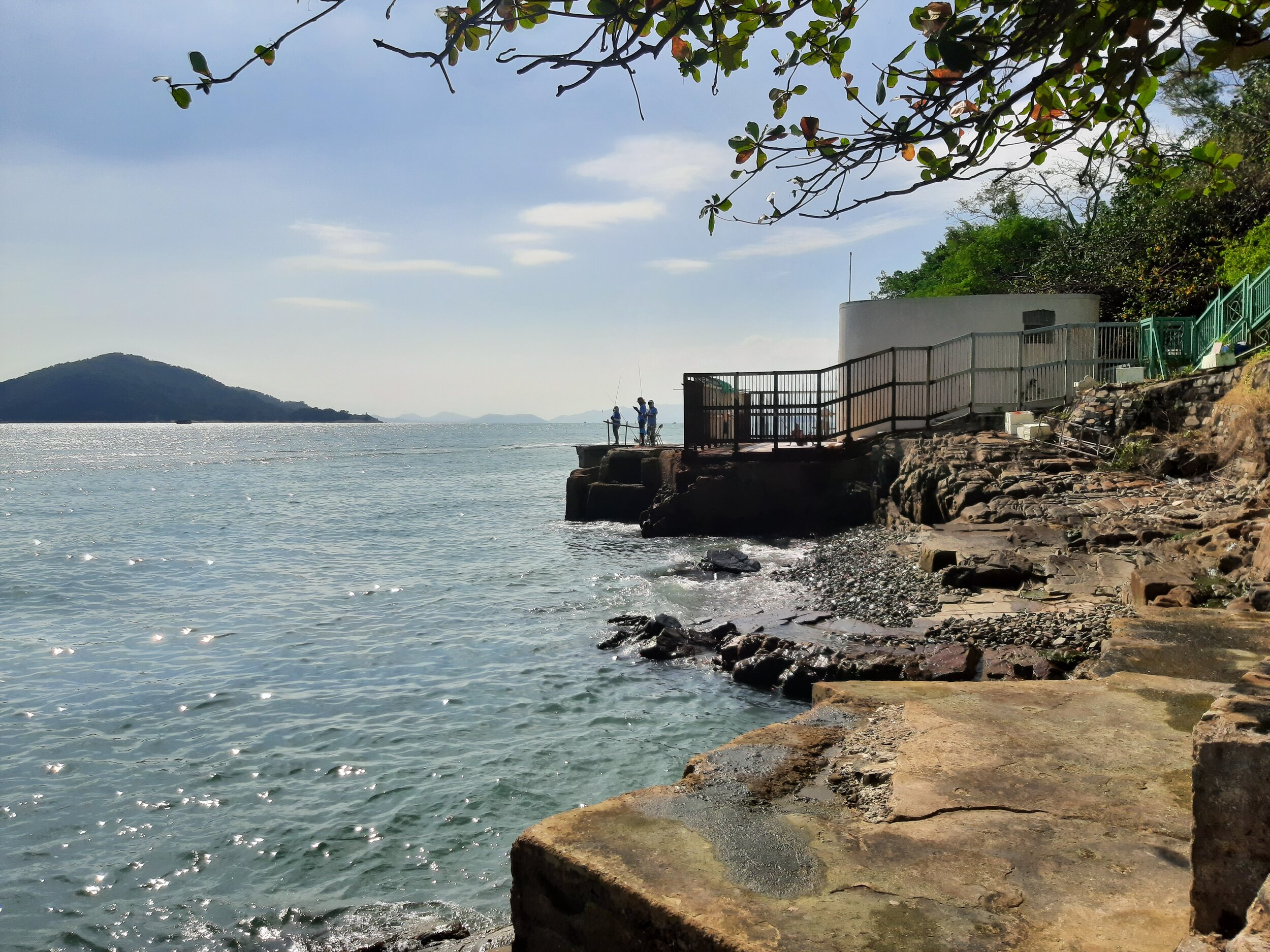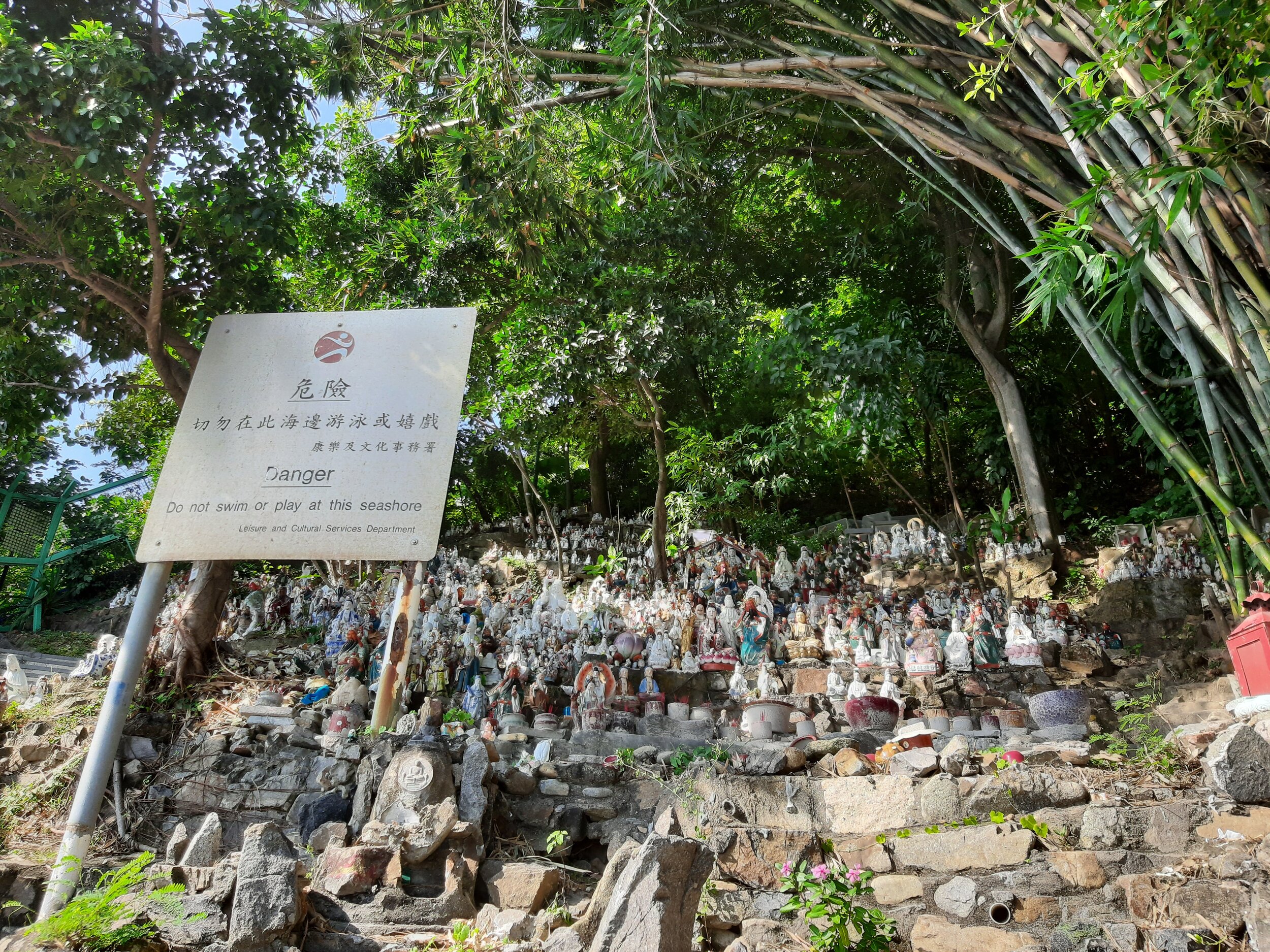Our shot in Havanna? ... or from Moscow with love?
In Germany, I fall through the grid again: 55 years old, no preconditions, not medical staff, not teacher nor police. My work is a lot about travelling to risk areas. Does that count? … No! … I can show contracts and invitation letters, and I have parents above 80 who I need to take care of. Counts? … No! ... How do you dare, trying to jump the cue? Have solidarity! Don't be antisocial! ... Me, antisocial? Why? When do you think I can get vaccinated? ... Okay, I was just asking. Sorry. German efficiency is a lot about criminalizing people who don't fall into the pattern. Even Germany is actually not efficient - but that's a different story.
So, let's do things the good old way and forget about Germany. I actually do have access to vaccinations. But stealing is unethical. And that would be really jumping the cue because these doses are scheduled for others. Some German local politicians did that - well, not stealing of course - but taking personal precautions so that they can better serve their constituency. Others were taking fees for facilitating deals for medical equipment, to better protect the public. I appreciate their efforts, but I am not a politician.
However, for me, vaccinations are available in Moscow, Tel Aviv, Havanna, Dubai or Hong Kong. In some of these places, you still have to quarantine, though. You can choose either two trips to a nice place or do a long one. Moscow is my favourite European city, anyways. And a vaccination centre is in the ГУМ Department Store, just opposite the Kremlin. It’s wonderful Russian architecture from the end of the 19th century, with a glass roof. And you still get a Sovjet style ice cream, wrapped in aluminium foil in the basement. That in itself would be worth going. It would also be interesting to see what changed in Havanna. In Hong Kong, when you choose Sinovac instead of BioNTech, it comes with a Visa to Mainland China. That’s great. Tel Aviv is just around the corner, and I am very interested in how the Israeli tech industry and research are doing. Dubai is a little too much shopping for my taste. And last but not least, there is Malta. When it counts, Malta often proofs to get the job done.


